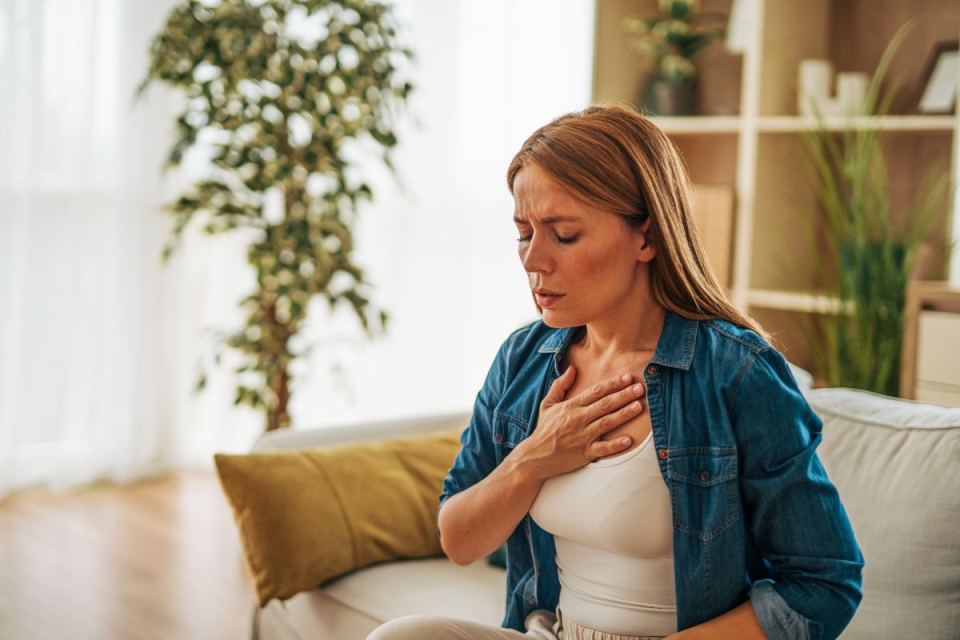When you think about heart attacks, what pops into your mind first? Maybe it’s intense chest pain or crushing pressure. But a heart attack can show up in many ways, and some are subtler than expected.
For women, recognizing the signs can be especially tricky. “Women often don’t have the classic chest pain most people associate with a heart attack,” says Srishti Nayak, MD, a cardiologist with HonorHealth Heart Care. “Instead, fatigue, shortness of breath, jaw pain, nausea or GI symptoms may be the first clues. It is important to assess changes in exercise capacity. But overall, it's never a bad idea to seek cardiac care if you are concerned.”
Another reality many women face: “I see so many female patients who’ve put their own health on hold while caring for others,” says Dr. Nayak. Heart disease is the leading cause of death for women in the U.S., claiming one in five each year. For women, the risk of dying from cardiovascular disease is far higher than the risk of dying from breast cancer … and twice as high as dying from all other cancers combined.
The takeaway? Your heart deserves attention, too. “Exercise, avoiding tobacco, eating well and staying on top of regular heart health screenings are crucial” Dr. Nayak advises. Small, consistent steps can make a big difference, and your heart and family will thank you.
Related content
Ask, screen, stay safe
Your heart matters and women face unique risks. Find out the key questions to ask your doctor and the screenings that could save your life.
Hidden heart risks ahead
Not all heart attacks announce themselves with obvious pain. Learn what you can do to protect your heart before it’s too late.
Don’t ignore your heart
When your heart skips a beat, it’s not always harmless. Discover what irregular rhythms could mean and how to protect your heart.

